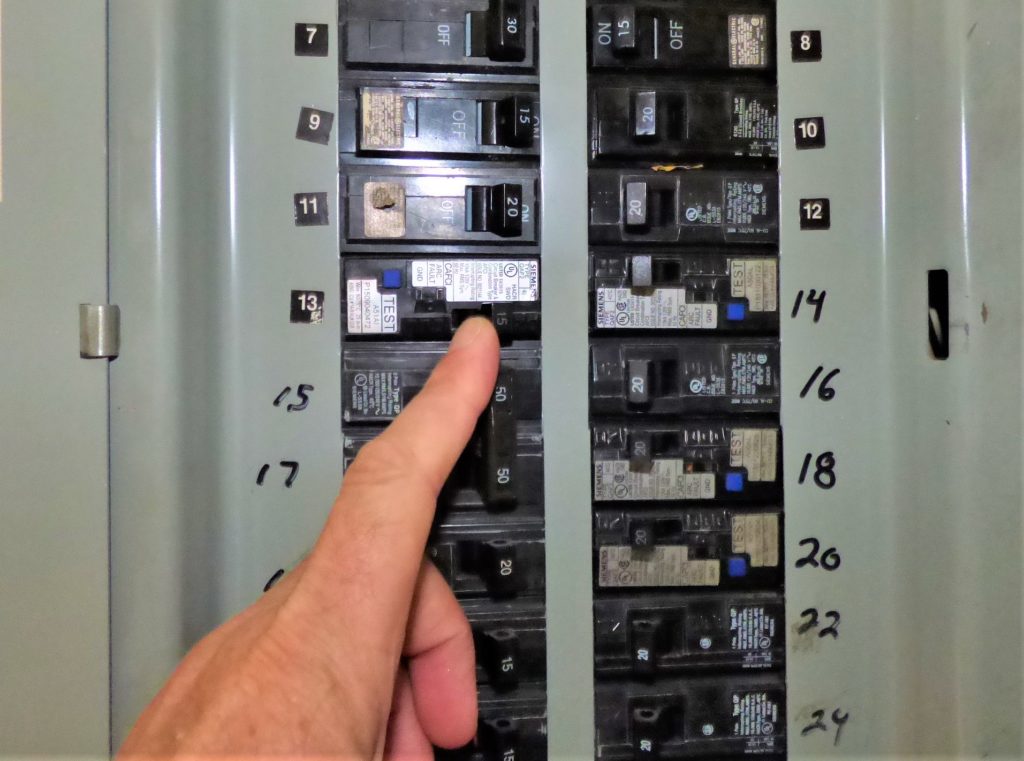Can You Legally Do Your Own Electrical Work?

Electrical repairs and remodels are expensive because electricians themselves are expensive. Can a homeowner legally do his or her own electrical work and get a permit?
Short Answer
Yes, as a non-electrician, most likely you can do most of the same work that an electrician would do and receive a permit for that work.
Details
In most places, homeowners who are owner-occupants can do their own electrical work. This saves money and it saves from getting caught up in an endless backlog at times when electricians are in high demand.
But you will need to work under an electrical permit. Your jurisdiction, whether city, county, state, or other, wants to know what you are doing, and the permit process allows them oversight. In some places, you first need to take a homeowner’s electrical exam; in other places, you can begin the work as soon as you pull the permit.
Electrical Permits for Owner-Occupants
Locate Permitting Agency: Electrical permitting might happen at any level, whether it be city, county, or state. Even within one state, permitting might happen on different levels. For example, in my state, most permitting is done at the state level. But my city is an exception: they do their own permits.
Pay the Money and Pull the Permit: Your first contact with the jurisdiction might be as simple as initiating the permit online and paying the fee by credit card, a process nicknamed pulling the permit. Permit costs scale according to how much work you are doing, usually from $50 to $150. You will immediately be given the go-ahead to begin work.
Perform the Work: Do your electrical work, keeping it exactly within the confines of the permit.
Call For Rough-In and Prepare: Go online or call your jurisdiction to set up an appointment for the rough-in inspection. An inspector will come by your house and you must be there to receive him or her. Clear all obstructions from the area, so that the inspector can see the work. Provide adequate light that is independent of any circuits you are dealing with in the inspection.
Rough-In Inspection: Leave all wires uncovered by insulation or drywall. Leave off all devices (outlets, heaters, lights, etc.). The inspector wants to see the wire running through the walls or floors. The inspector may require that you make certain changes to your work prior to the final inspection.
Make Changes and/or Cover Up: If the inspector requires changes, make them and call for a new inspection. If, instead, you pass, you are now allowed to cover the walls or floors with drywall. Wire in the devices. Do not mud the walls yet or begin painting, in the unlikely event that you need to open up the walls again. This should not happen, though, as this was the purpose of the rough-in inspection.
Call For Final Inspection: Go online or make a call to set up the final inspection.
Final Inspection: Inspector will check devices and, if you pass, will “final out” your permit.
How Homeowners Can Pass Inspection
Inspectors Are Not Always Non-Biased: Inspectors may have conflicting views on owner-occupants who do their own work. Some hate the idea of this and will put up obstacles. Others want to be helpful, understanding that it is a rare breed of homeowner who actually pulls electrical permits. Both exist.
Inspection, Not Education: Don’t expect a lesson in how to be an amateur electrician. While the inspector may volunteer a tip or two, this isn’t about giving advice on wiring your home.
It’s About the Code: Electrical code is your friend, at least in terms of passing your inspection.
Limited Time: Inspectors’ time is limited. Your house is just one worksite in many that they will visit that day.
Diplomacy: Qualified electricians may have enough experience to challenge inspectors, but most homeowners do not. If you believe you are in the right, bring it up as diplomatically as possible.
Qualifiers
Localities: The most important qualifier is whether or not your own area allows owner-occupants to do their own electrical work.
Other Homes: Generally, you are allowed only to work on your own home.
If You Hire Out: The person doing the repairs needs to be an electrician.
New Construction: Often this is limited to remodel work, not new-construction.
Trusted Sources
“Most municipalities allow you to do your own electrical work, though you’re never allowed to wire someone else’s home.”
“…almost all work performed in new construction must be undertaken by licensed plumbers and licensed electricians.”